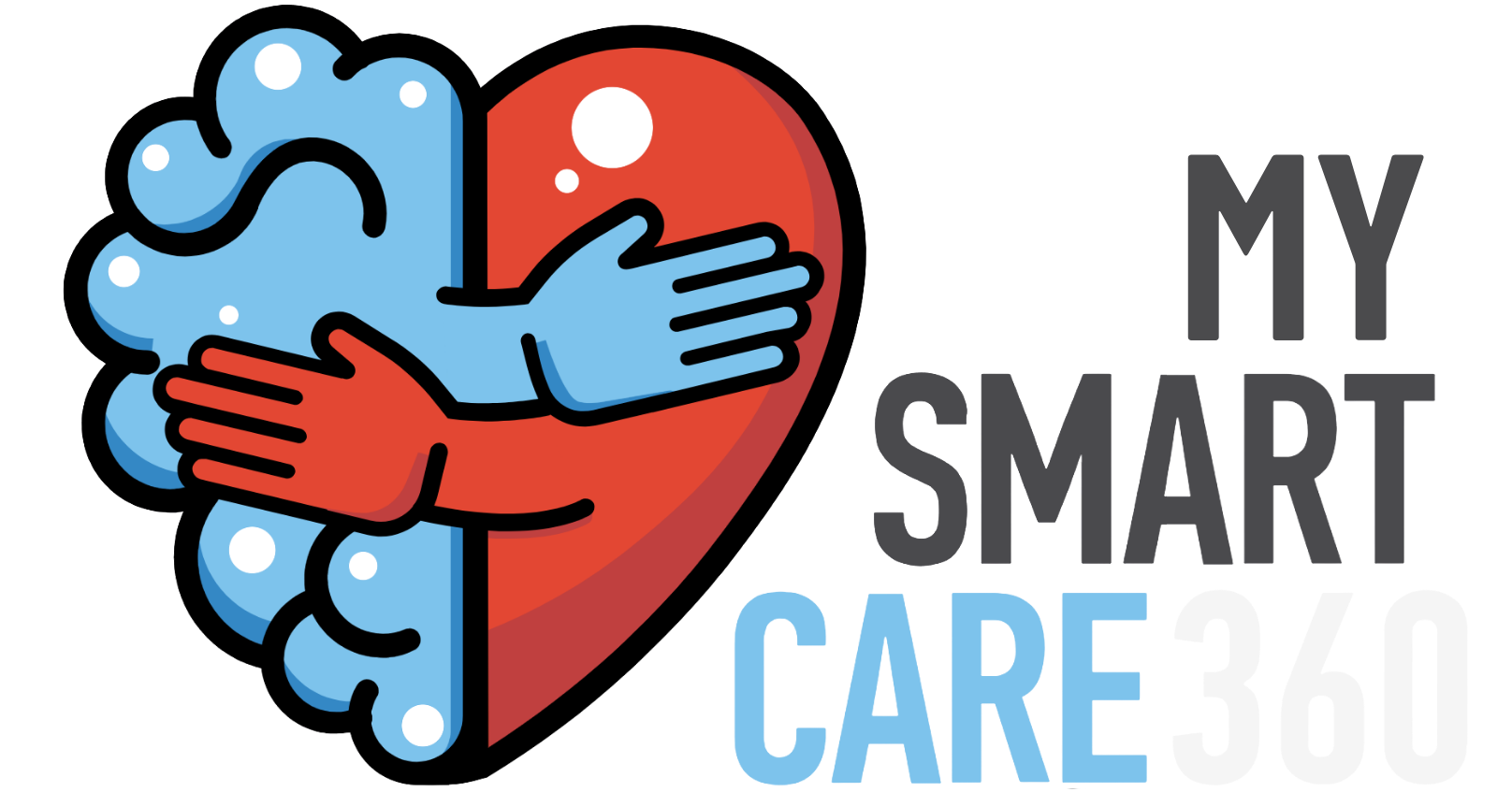If your blood pressure stays consistently high, seeing a hypertension doctor is essential. Symptoms like headaches, dizziness, chest pain, or shortness of breath can occur—but many people have no signs at all. That’s why high blood pressure is often called a “silent killer.” Regular checkups and blood pressure monitoring are key to catching it early. Managing it promptly helps prevent serious complications such as stroke, heart disease, or kidney problems. Don’t wait—prioritize your heart health.









- Behavioral & Psychological Therapy
- Behavioral & Self-Management Tools
- Educational Resources
- Health & Technology
- Mental Health
- Neurology
- Pain Education & Management
- Pain Management & Treatment
- Personalized Exercise Program
- Personalized Health Plans
- Physical & Mental Wellness
- Remote Care & Virtual Visits
- Telehealth & Remote Care
- Telemedicine & Remote Monitoring








